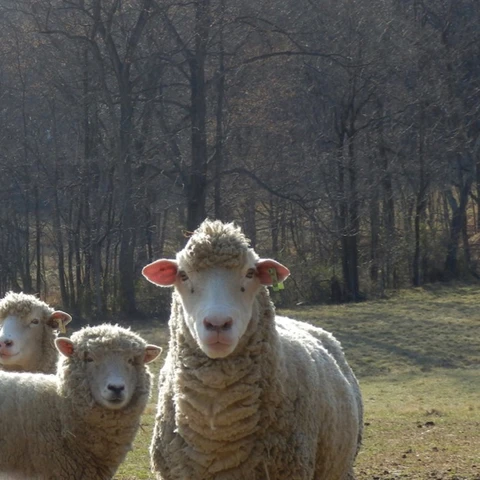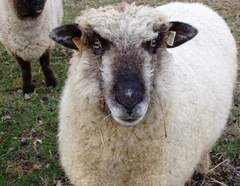$ 29.00

$ 30.00 $ 0.00
Romney is a lustrous Longwool and spinning it with a semi-worsted technique accentuates its shine and silkiness. Available in five natural sheep shades, hand dyed solid or handpainted colors on white or overdyed on light gray or gray base. A strong yarn that will give great stitch definition and drape beautifully. Perfect for jackets & sweaters, throws, hats, scarves, mittens etc.

$ 87.00
$ 19.00